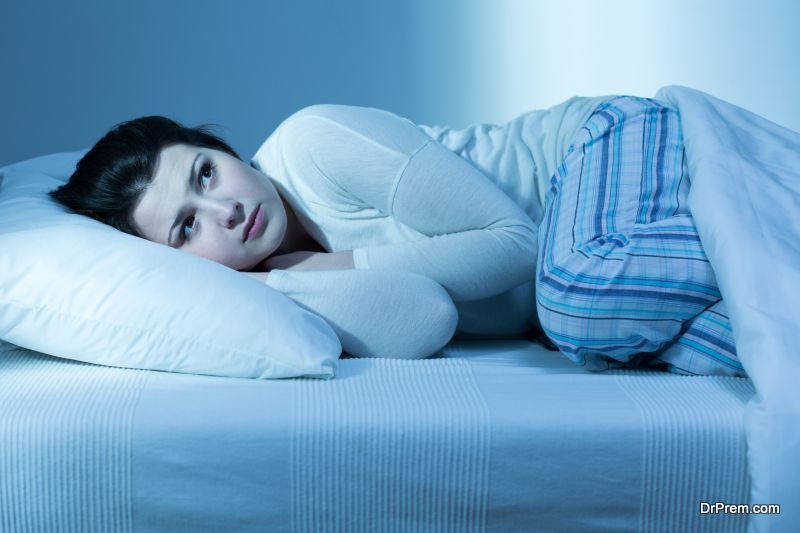While caffeine is commonly consumed in coffee, tea, carbonated beverages, energy drinks and chocolate, it’s considered a drug, a stimulant that gives people a boost of energy. The body quickly absorbs it, utilizing it for several hours before being eliminated in urine. According to the latest statistics, 54% of adults in the U.S. consume it every single day. While there’s been argument as to whether caffeine is good or bad for you, the reality is, it comes with both pros and cons when it comes to your health.
The Pros
Energy Boost

As mentioned, caffeine is a stimulant, which means it affects the nervous system, providing an energy boost, which is why so many people drink it to kick-start their morning. It takes effect quickly, as soon as 15 minutes after consuming a cup, and can last for as long as six hours. It may improve focus and concentration as well as enhance the ability to perform physical tasks. For example, searching through Charleston real estate online to find a house that meets all your requirements, and then going out and viewing those properties, can take a significant amount of mental and physical energy. By drinking a cup or two of coffee, it’s likely to aid those efforts, increasing the odds of discovering that ideal new home.
Enhancing a workout
Bodybuilders and other athletes often consume caffeine in some form during the hour before training to enhance the effects of exercise.
Raising metabolism
Caffeine has been found to raise the metabolism by generating energy and heat through thermogenesis. A higher metabolism means burning more calories when you’re resting, which can potentially result in weight loss, or an easier ability to maintain weight.
The Cons
Sleeping Difficulties
 As caffeine boosts energy, helps to wake you up and keep you alert, it can interfere with sleep, especially if you drink it too late in the day. While it affects people differently, for most people it takes anywhere from five to six hours to eliminate it from your system, though for some, it can take longer. Drink it too late in the day, and you’re likely to toss and turn at night.
As caffeine boosts energy, helps to wake you up and keep you alert, it can interfere with sleep, especially if you drink it too late in the day. While it affects people differently, for most people it takes anywhere from five to six hours to eliminate it from your system, though for some, it can take longer. Drink it too late in the day, and you’re likely to toss and turn at night.
Digestion Issues
Some people drink coffee specifically to get their bowels moving in the morning. But that effect can lead to diarrhea, particularly in large amounts. It may also worsen issues like gastro esophageal reflux disease (GERD) and irritable bowel syndrome (IBS), among others.
Increasing Anxiety
Caffeine increases alertness by blocking the effects of adenosine, a compound in the brain that makes you feel tired, while triggering the release of adrenaline, a hormone linked to increased energy. These effects can become more pronounced in larger doses, leading to nervousness and anxiety.
Article Submitted By Community Writer




